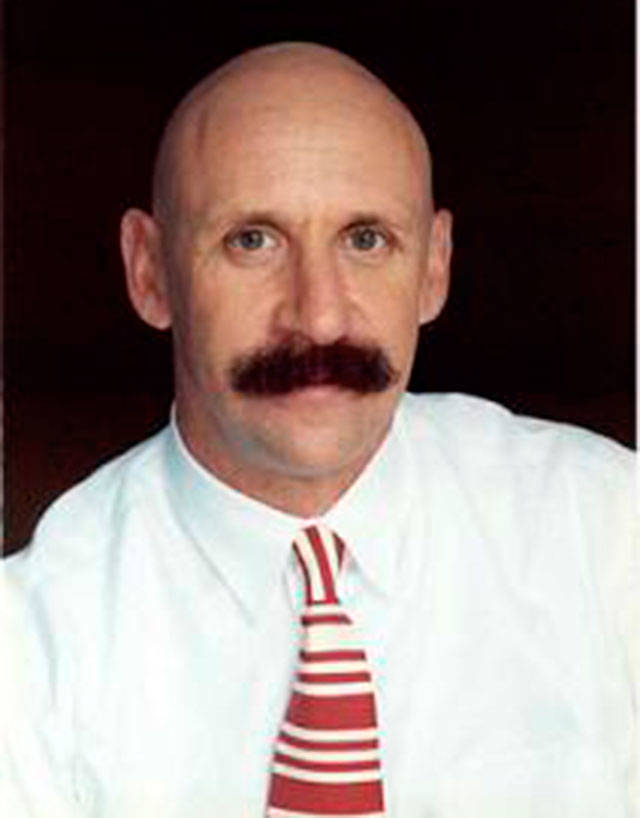During the month of June each year the LGBTQ community celebrates Pride Month across the globe. The recognition of pride within this community is a phenomenon representative of the great gains in equality and human rights made by this population.
As recently as 1973, the American Psychological Association considered such individuals to be suffering a challenging psychological disorder which would be expected to block any potential for healthy psychological functionality.
Today, the APA recognizes the potential for fulfilling, satisfying, and healthy life experiences for each member of the LGBTQ community. There is no suggestion of any degree of disordered behavior inherent in LGBTQ individuals. Same sex marriage is legal in multiple countries across the globe, including the United States. Gender questioning, gender transitioning, and bisexuality are openly acknowledged and supported by psychological practitioners, families (hopefully) and communities alike.
Indeed, every June this group has much to be proud of. However, there continues to be great challenges to emotional and behavioral health in our communities on an individual level.
The personal recognition of gender and sexual orientation questioning can begin as early as childhood. As an individual reaches adolescence, gender and sexual orientation become an intensified challenge for most young people experiencing a natural curiosity and potential interest in sexual interaction.
Psychologists continue to disagree as to determination of gender identity and sexual orientation. While many professionals support biological causation, others suggest one’s perception of early life experience as the defining factor. Perhaps it lies in a combination of both. Either way, it is clearly not a personal choice any more than heterosexuality is a choice. Our sexuality is solidified early in childhood.
Regardless of the individual’s age, when an individual begins to question his or her sexuality or gender, the personal process can be devastating for many people. Often times such feelings are repressed over long periods of time as the individual struggles to conform to expectations and norms. Nonetheless, the individual remains motivated to explore, and perhaps act upon, such feelings. Sexuality remains a basic, natural, healthy human drive which continues to seek satisfaction. The degree of such drives vary greatly for each individual.
The struggle for personal acceptance of what may be considered alternative sexuality is a personal challenge often kept hidden from others. The common social supporters are absent. The person is left to face sexual questioning by him or herself. It can be a struggle as two (or more) differing personal identities compete for satisfaction and personal acceptance by the individual.
This can be a time when professional intervention can offer unconditional support and acceptance which is viewed as unavailable in other facets of the individual’s life. This, however, requires great courage on the person’s part as they take the step to share their struggle with the professional who they may fear will only confirm negative perceptions of their alternative desires.
The “coming out” process can be difficult and often psychologically damaging. It is a highly private emotional process wherein the individual personally acknowledges the questions confronting his/her sexual and/or gender identity. Support from accepting individuals is highly contributory to healthy outcomes and acceptance. While our sexuality and gender identity are a natural, innate part of who we are, our personal comfort and emotional wellbeing often present overwhelming challenges.
William Gibson is an Associate Professor of Psychology and the Director of the Graduate School of Marriage and Family Therapy, Brandman University. He is also on the board of directors of Bainbridge Youth Services (www.askBYS.org).



